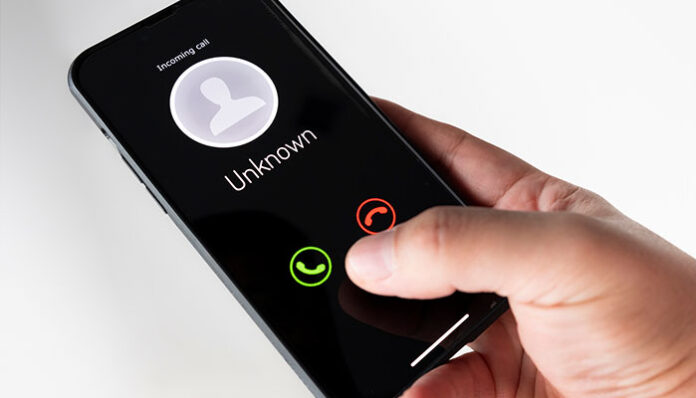Tell me if you have experienced any of the following:
- You get a Facebook, Instagram, X, or WhatsApp message from a friend stating his or her wallet and identification were lost or stolen while on a trip. That means no passport, money, credit cards, airline tickets, and an outstanding hotel bill to settle. The friend asks you to wire money.
- You get a telephone call, text message, or email from a business you deal with where you have an account claiming suspicious activity has been detected. You are asked to call a number or click on a link.
- You have a package being held at the post office, or at customs claiming there is contraband or suspicious material within it. You are asked to call back and provide personal information.
- You get an emergency call from a family member. They have been in an accident or been arrested. The family member puts another person on the line to advise you on what to do.
- You get a customer support call about detected viruses or malware on your computer and the person asks you to turn it on and give them access to remove it.
- You get a call from a government agency like the IRS in the U.S., or CRA in Canada. You or your partner owe unpaid taxes. The caller asks for personal financial information.
I don’t know if I have exhausted the list but I have received all of these scam, phishing and attempted fraud enquiries in the past forty years.
The one I remember most was a caller who identified himself as an agent of Revenue Canada claiming my wife’s tax filing was incorrect. She owed the government $1,200 in unpaid taxes. I was asked to share information from her latest tax return. I asked the agent to tell me my wife’s full name and current address. He got the name right (which was disturbing) but the address wrong. I told the caller his information was incorrect. He said he would review the file and get back to me. Of course, he never did.
Scams and Artificial Intelligence (AI)
Everything I previously have described about illegal activity by online fraudsters and scammers will receive more than just a fresh coat of paint when scammers harness the power of AI to their fraudulent schemes.
How will you trust that the person speaking to you on the phone is a relative in trouble or a cloned voice? The family emergency scam takes on a whole new meaning. Not only can the scammer do a voice clone, but they may even capture the mannerisms and speech patterns of a family member from a YouTube, Snapchat, or TikTok video and use it to fool you.
How will you know that a text or email message received is not AI-generated fakery? How will you know that you are talking to a real person or will it be a chatbot impersonating a customer representative from your bank, or the tax department? When the chatbot asks for personal information like date of birth, and social insurance (social security) number to verify your identity, you will have opened yourself to having not just money stolen, but your identity as well.
Protecting You From AI Scammers
Here are 8 general rules to combat scammers whether they are a person or an AI:
- Don’t engage in conversations with strangers online or on the telephone.
- Don’t post personal information about you or family members on any social media site if this is information that you feel could compromise you in the future.
- If you get an unsolicited message whether by phone, text, email, or social media site, proceed with caution.
- If a family member calls in distress, ask for a callback number. Before calling it, call the person’s home or mobile phone. They may be sitting at home reading a book.
- Don’t share any security information. Don’t share any financial information. Don’t share any passwords. In other words, don’t share anything that can be copied or cloned unless you know with whom you are speaking or interacting online.
- Businesses today use multifactor authentication to protect themselves. You should too when accessing your online applications and sites.
- A single-sign-on tool that auto-generates passwords is a better way to secure your online presence so that you don’t end up using the same password repeatedly for logins.
- Keep the security on all your devices up to date.









